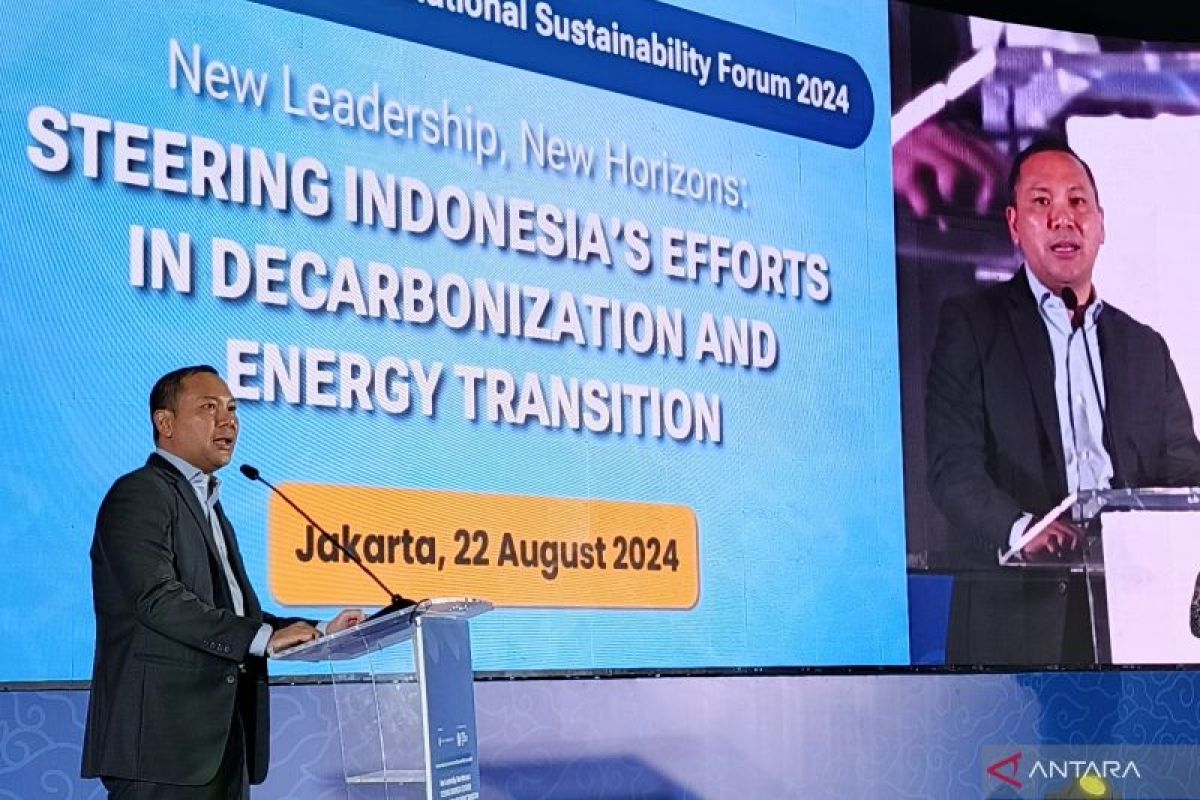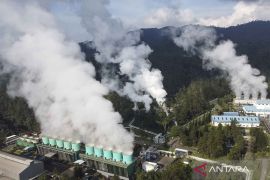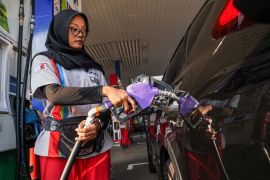"If we do not implement energy transition in various sectors, (then) this will threaten the progress of our own economic growth," the ministry's Deputy for Infrastructure Coordination and Transportation, Rachmat Kaimuddin, stated at the Road to Indonesia International Sustainability Forum (ISF) in Jakarta on Thursday.
He explained that the economic slowdown could occur, as later, Indonesian-made products would not be able to compete in the international market, considering several trade barriers that would be applied to non-environmentally friendly products.
"It could be that later our goods will be subject to carbon tax," he remarked.
Hence, Kaimuddin affirmed that efforts to realize net-zero emissions will not only have a positive impact on the environment but also accelerate economic progress to realize the vision of Indonesia Emas 2045.
He drew attention to three steps that Indonesia should take to realize a sustainable energy transition, comprising reducing the use of fossil fuels for power plants, lowering fuel consumption for transportation, and curtailing coal consumption in industrial processes.
"Hence, if we can solve these things, we are 75 percent in completing our journey," he noted.
Based on the Enhanced-Nationally Determined Contribution (E-NDC), Indonesia is targeting a total reduction in carbon emissions from 29 percent or 835 million tons of CO2 to 32 percent or 912 million tons of CO2 in 2030.
To achieve such a target, the government plans to generate 708 gigawatts of electricity, of which 96 percent comes from renewable energy power plants and the remaining four percent from nuclear power.
The investment required for the construction of power plants and transmission is estimated at USD1.108 billion, with an additional investment of USD28.5 billion until 2060.
Translator: Ahmad Muzdaffar Fauzan, Yashinta Difa
Editor: Rahmad Nasution
Copyright © ANTARA 2024












